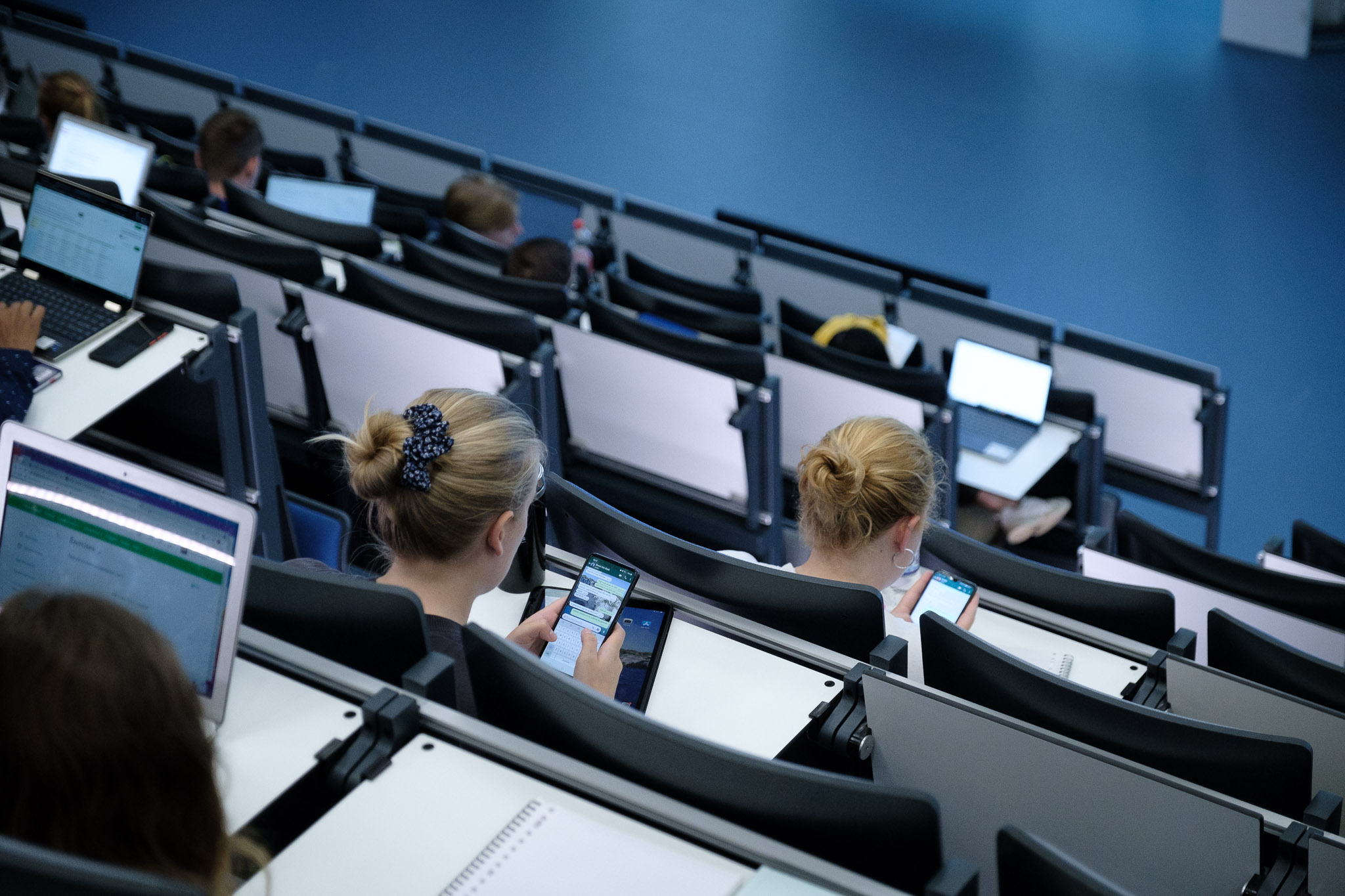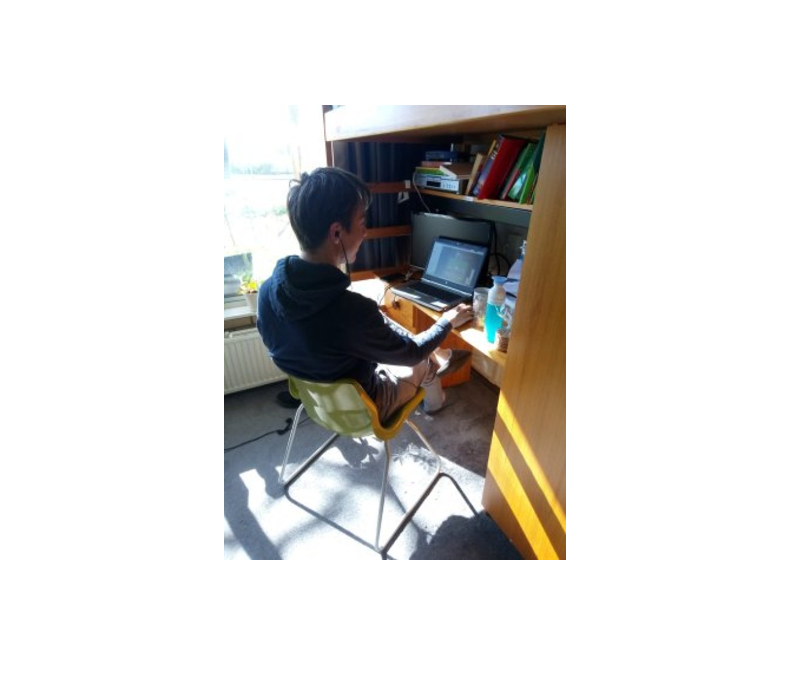The courses concerned are the first-year Statistics 1 and 2 courses. The entire team of teachers supported the decision, says teacher Carolien de Kovel. ‘Exceptions may be made for special cases.’
Fewer students visited the statistics courses after the Covid lockdowns than before, says De Kovel. ‘In period 4 of last academic year, there were days we had two lectures that we would also live-stream for those affected by covid. However, for the practicals that followed immediately after the lectures, some students would always arrive ten minutes late. These students would stay home, watch the live stream, and then come to the campus for the practicals. We consider this behaviour strange and undesirable in the academic world. You want your students to be present, ask questions and interact with the teachers and their fellow students during breaks.’
Some students also skipped the mandatory practicals. ‘They would then want to make up for the missed practicals later’, De Kovel explains. ‘Guys, that’s not how it works. The rules of the social game demand that you come to campus, attend classes and talk to each other. That is normal and relevant for the student’s personal, academic and social development.’
Radboud
Earlier this year, the Radboud University in Nijmegen announced its intent to force students to come to the campus by ceasing to offer online education. ‘Teachers may divert from this rule at their discretion, but the general policy is to refrain from offering online streams’, De Kovel says.
According to De Kovel, the idea that students will automatically return to the campus if the classes they are offered are sufficiently interesting is simplistic. ‘The routine of coming to the campus has disappeared through time. To be clear, students are not obliged to attend a class if they feel they don’t need it. But that is not the same as staying at home because the class will be live-streamed anyway.’
Extra attention
Moreover, the students who stay at home are frequently the ones that could benefit from some extra attention. ‘Statistics is a bit of a hurdle. Some 70 per cent of the students pass the first time, but the remainder often requires three to five resits. And we believe that it is precisely this group that prefers to stay at home while attending the lecture in person is extra important for them. Thus, we, as teachers, can look over their shoulders and ask if they are managing alright.’
The decision to stop sharing recordings of the lectures returns Statistics 1 and 2 to the pre-covid situation. ‘Back then, recordings of the lectures were not shared online either’, says De Kovel.

 A lecture room in Aurora. Photo Guy Ackermans
A lecture room in Aurora. Photo Guy Ackermans 